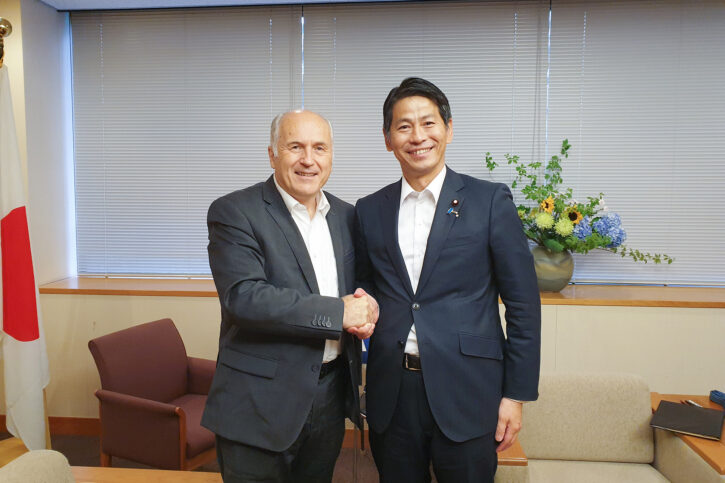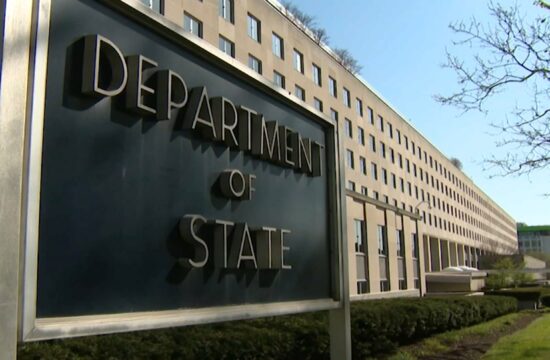
International community's administrator to Bosnia Valentin Inzko paid a visit to Tokyo, Japan, where he delivered a lecture at the Sophia University and spoke with Japanese officials about the political situation in the country and the necessary reforms.
During the meeting with senior officials of the Japanese Foreign Ministry, including Parliamentary Vice-Minister for Foreign Affairs, Kenji Yamada, Special Envoy for the Western Balkans, Ambassador Jun Saito, and Director of the Central and South Eastern Europe Division, Kotaro Otsuki Inzko underscored the importance of the formation of authorities in the country as soon as possible, following the October 2018 general election.
Interlocutors also expressed concern about various outstanding issues such as rule of law, good governance and emigration.
After the 1992-1995 war in Bosnia, the international community installed an envoy called the High Representative to oversee the civilian implementation of the Dayton Peace Agreement which ended the said war.
Despite the fact that war ended 24 years ago, the High Representative remained in office because Bosnian officials were unable to conduct reforms which the international community deemed necessary for maintaining the stability of the country.
High Representative Inzko commended the role of Japan as one of the largest donors to Bosnia in its post-war recovery efforts. He thanked the Government of Japan for its generous support, but also its strong commitment towards the Office of the High Representative (OHR) and towards the efforts of the international community to help Bosnia become a stable, fully democratic and prosperous country.
Parliamentary Vice-Minister Yamada, Ambassador Saito and Director Otsuki, reiterated Japan’s continued commitment and support to Bosnia’s development, as well as to the OHR, whose role remains crucial until the country achieves irreversible stability which will enable it to graduate from international supervision.
At the Sophia University, Inzko talked about Japan’s contributions to Bosnia in its post-war recovery efforts and how it helped the people of Bosnia and Herzegovina in ways that would not be possible by financial assistance alone.
“Japan has been able to make an effective contribution to reconstruction and reconciliation in Bosnia, not simply because it has been able to provide resources, but also because it has acted with an insight, based on its own experience of post-conflict recovery and reconciliation, and based on its own particular cultural attributes,” said Inzko.
He also emphasized the importance of being able to live together in harmony: “Nobody should give up their identity, but people should be able to live together; otherwise, this would be a defeat for humanity.”




